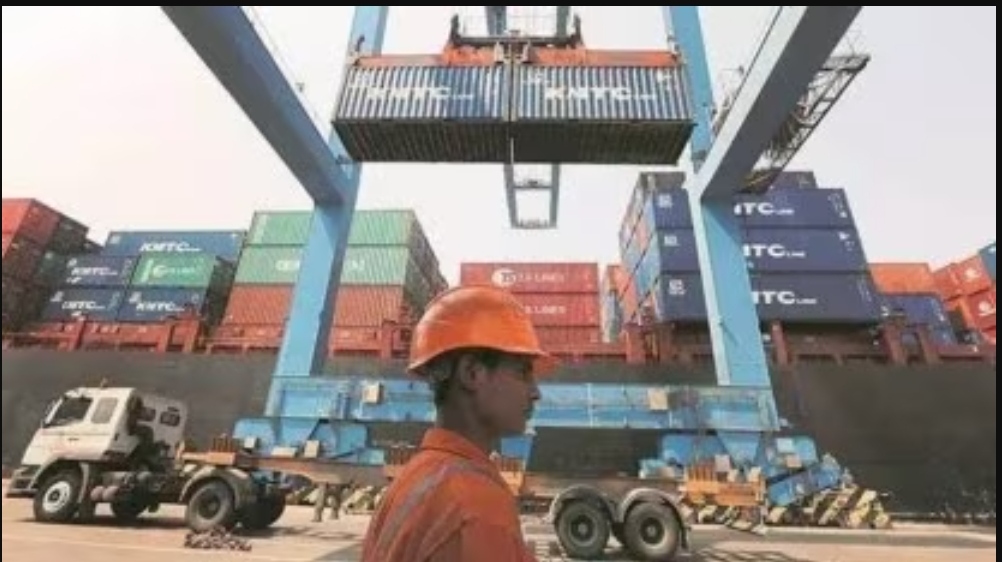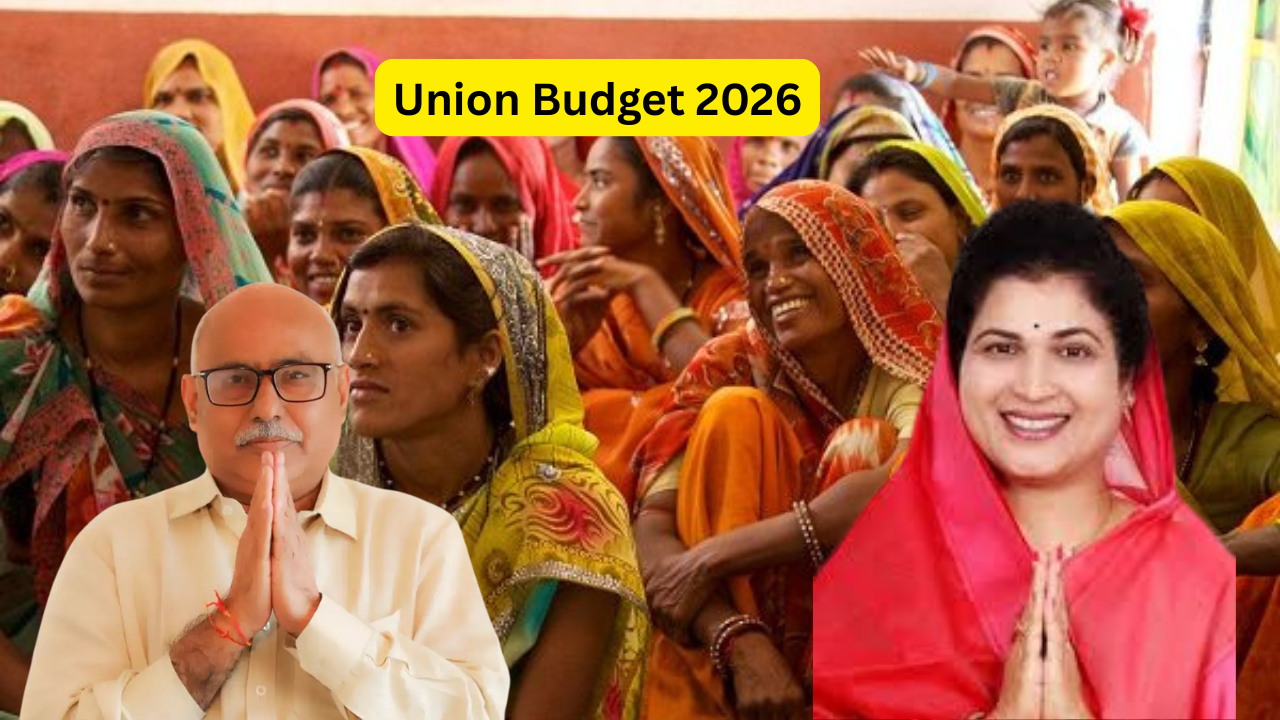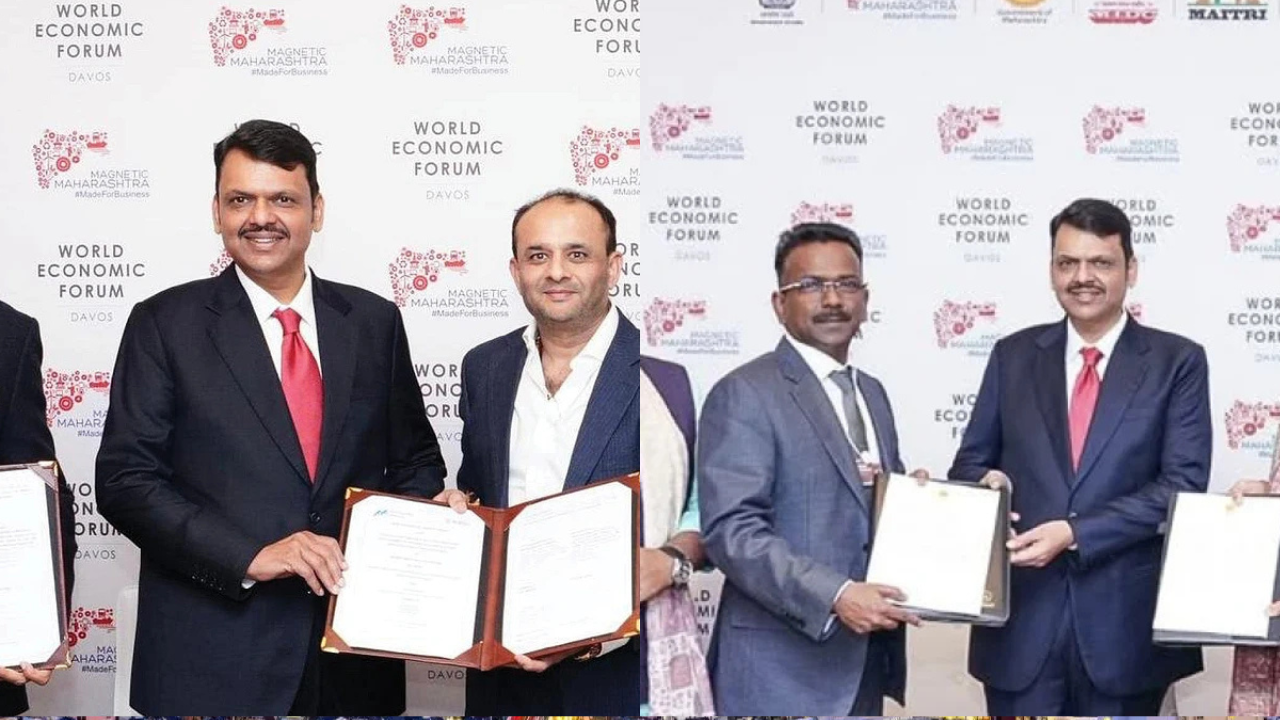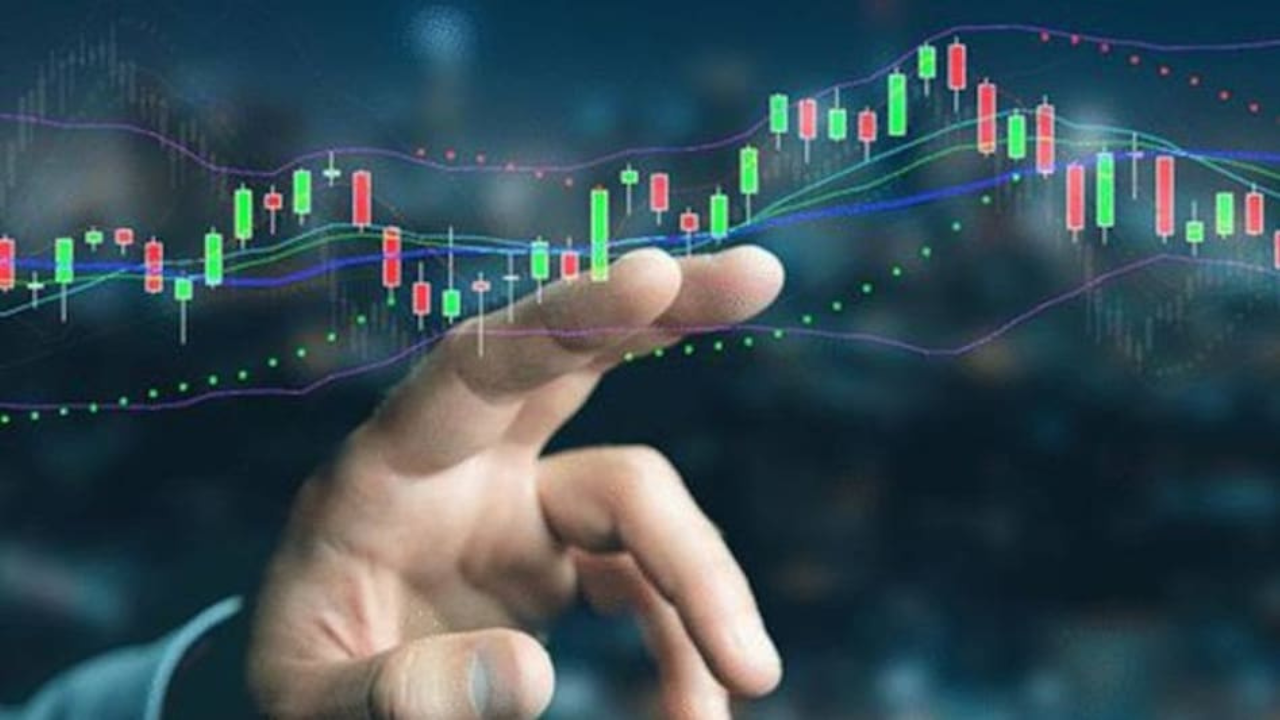According to official data released by the Ministry of Trade and Industry on Wednesday, festive demand also boosted silver imports, up 125% to $1.31 billion.
Fueled by gold and silver imports during the festive period, India’s trade deficit hit a record high in October even as India’s goods exports entered positive territory after eight months of decline continuously due to weak demand in Western countries and in China due to the real estate crisis.
The trade deficit reached $31.46 billion in October after gold imports increased 95% to $7.2 billion last month compared to October last year. According to official data released by the Ministry of Trade and Industry on Wednesday, festive demand also boosted silver imports, up 125% to $1.31 billion.
While exports of goods increased 6.3% to 33.57 billion USD compared to October last year, imports increased more than 12% to a record level of 65.03 billion USD. Notably, labor-intensive industries such as gems and jewelry, textiles and leather decreased by 9.82%, 5% and 8.08% respectively. In contrast, exports of electronics and engineering products recorded sharp increases of 28.23% and 7.20%, respectively, last month compared to October last year.
“Due to the change in the holiday schedule, we expect the goods trade deficit to widen to $22.8 billion in October 2023. The goods trade deficit is higher than expected due to gold and oil…”, Aditi Nayar, Chief Economist, Director – Research and Outreach, told ICRA Ltd.
Nayar added that non-oil imports are expected to slow in November, as well as exports due to a higher number of holidays. “We forecast the current month’s trade deficit to be between $22 billion and $25 billion. We continue to expect the current account deficit for FY24 to be between 1.8 and 2.0 percent of GDP,” she added.
Commerce Minister Sunil Barthwal told reporters that trade figures for October confirmed the “green shoots” of the recovery.
“We expect that the positive growth in merchandise exports will continue in the coming months. Global interest rates remain high. This affects new investments and also affects the acquisition of infrastructure equipment. In many Western economies, many consumer loans finance the purchase of goods, and if interest rates are high, consumer loans will suffer,” Barthwal said. EEPC India Chairman Arun Kumar Garodia said engineering goods exports increased for the third consecutive month on favorable basis.
“While positive growth in recent months is reassuring, geopolitical tensions and slowing demand in major advanced economies remain concerns for the exporting community. So far, the impact of the ongoing war between Israel and Hamas on trade is very limited, but if the crisis worsens, it could hinder the recovery,” Garodia warned.
“Positive export growth is a good thing. It remains to be seen whether this situation can continue. What is worrying is that imports are also increasing at a faster rate. Madan Sabnavis, chief economic advisor of Bank of Baroda, said rising crude oil and gold imports this year will put pressure on the trade balance.
New Delhi: Regarding the ongoing FTA negotiations with the UK, Commerce Minister Sunil Barthwal reiterated that New Delhi is not working on deadlines but on deadlines. “We have internal deadlines. Questions of a complex nature exist and we are considering them carefully,” he added.
He added to reporters that the majority of chapters have concluded or are in advanced stages of negotiations and high-level engagements are underway at different levels to resolve differences.
“We are continuing the 13th round of negotiations and outstanding issues are being discussed. Talks are going on at the track level and also at higher levels… to iron out the differences and resolve them as quickly as possible,” an official said.
For more information visit at https://happenrecently.com/zepto/?amp=1
















